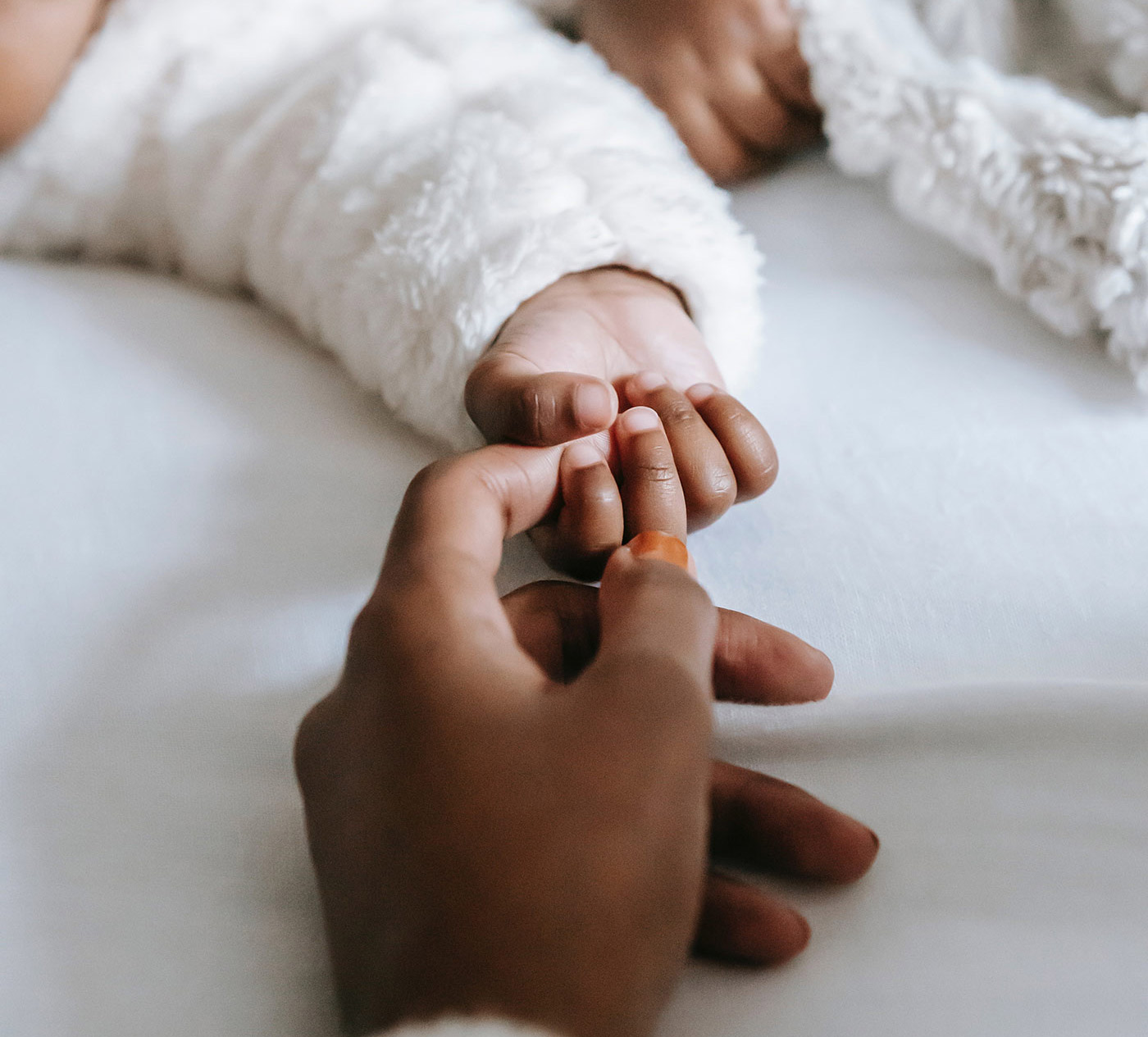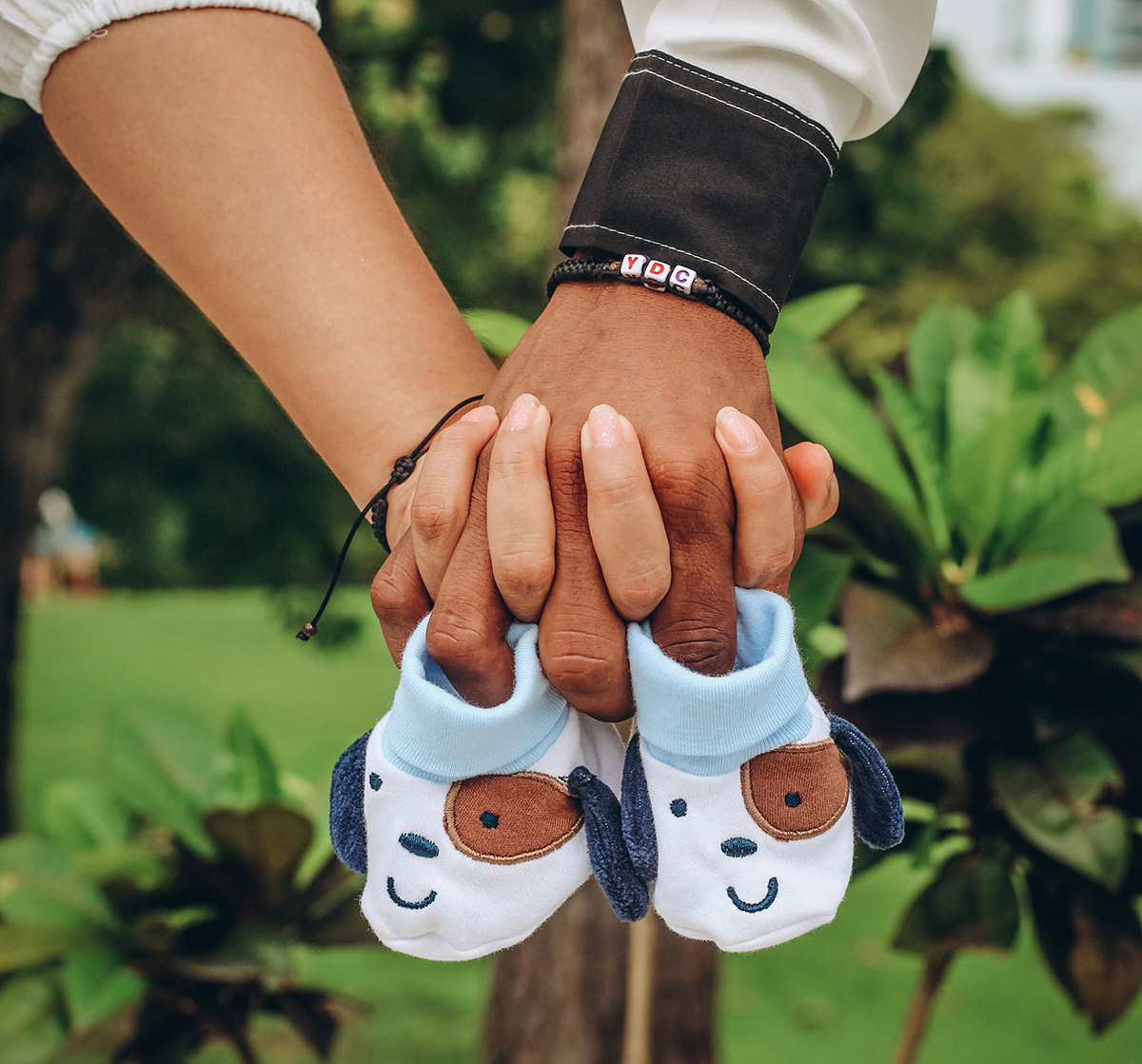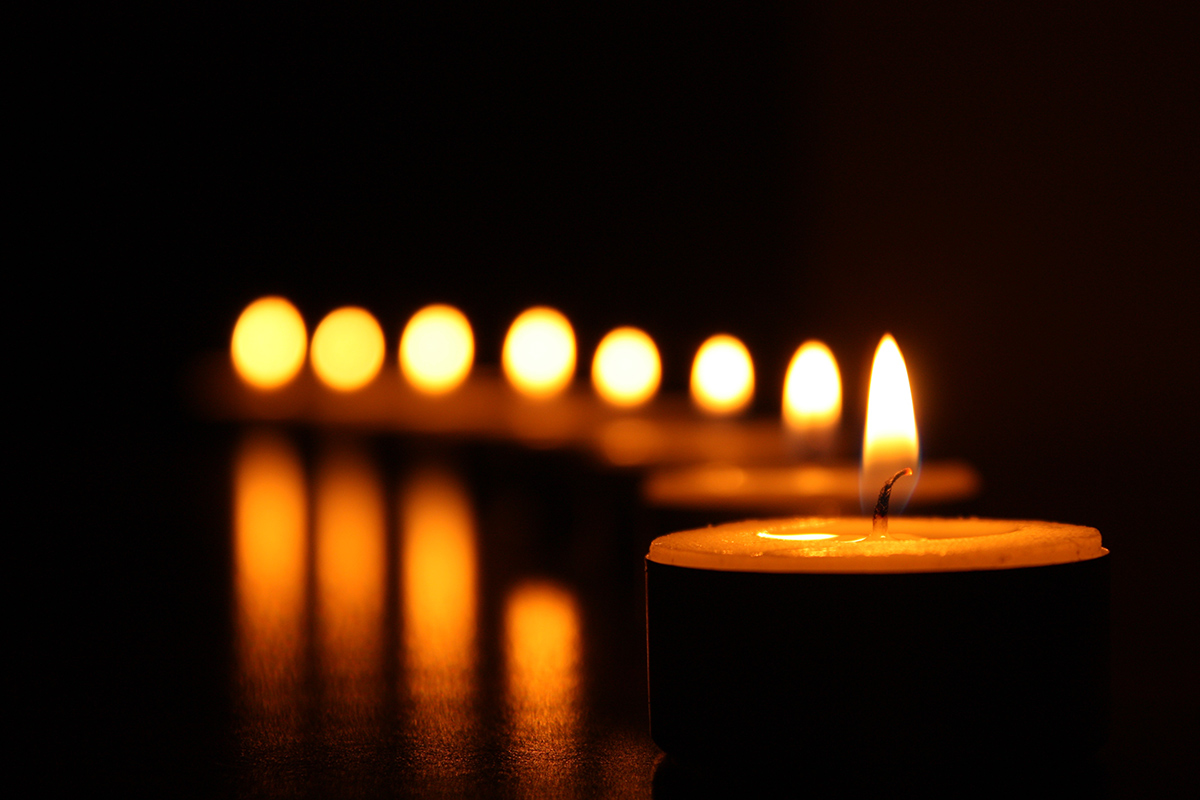
There are several crucial things to know about grief following the loss of a baby including the physical and emotional toll this takes on the mother and the father. Finding the right help and resources is important to help navigate such a challenging time. There isn’t just one “right way” to grieve after the loss of a baby so it’s important to find the support and care that will work best for you.
Is this a rare tragedy?
Sadly, this is an experience shared by many mothers, fathers, siblings and grandparents in the UK. So no, it is not a rare tragedy:
- In 2021, there were 2,866 stillbirths (2,597 in England and Wales; 180 in Scotland; 89 in Northern Ireland).
- In 2021, there were 1,719 neonatal deaths (occurring in the first 28 days of life) in England and Wales. (Tommy’s, 2023).
- Estimates suggest there are 250,000 miscarriages every year in the UK, amounting to approximately 1 in 5 (1 in 5 only count for women who realised or reported the miscarriage). (Tommy’s, 2023).
An unexpected event
According to the Stillbirth and Neonatal Death Society (SANDS) many people think that stillbirth occurs as a result of some genetic or developmental problem. However, this occurs in fewer than one in ten stillborn babies. For as many as 6 in 10 stillborn babies, the cause of death is unknown. Not knowing the cause of death may mean that there are many questions that remain unanswered, and parents can feel despair at not being able to prevent a baby’s death.

The impact of baby loss
Grieving the loss of a baby is much like a grief experienced when a loved one or someone important dies, including shock, profound sadness, depression, anger, irritability, anxiety, and changes in eating and sleeping patterns and much more. Perinatal bereavement can also bring up feelings of biological failure, loss of identity, sadness over a lifetime of memories lost and concern for the future.
The mother’s emotional experience
For many women, the loss of a baby can trigger depression, anxiety and other mental health problems that can be long lasting. The emotional distress of the loss of a baby can continue into subsequent pregnancies where anxieties are particularly heightened and into the subsequent birth of a healthy child. As well as feelings of sadness and distress, some women can experience disenfranchised grief, where their loss is not acknowledged by others as there is no baby to show even though the parents may have prepared a room for the baby, with clothes, and personal items.
The partner’s emotional experience
Despite not experiencing the physical loss of a baby, partners can experience a whole range of similar emotions to that of the mother. Partners may feel as though they need to be stoic and supportive of their partner and be the one to break the bad news to others. However, a consequence of this is that partners may receive little support and may not even ask for help. In the context of male partners, research has demonstrated that men feel they have to be supportive and hide their grief and feel as though they may not receive support (Jones et al, 2019).
Support from family and friends
Family and friends may struggle to support grieving families because they don’t know what to say or do in response to parents’ distress. But talking about the baby and being able to say their baby’s name can be important for grieving parents. Of course, family members such as siblings and grandparents are grieving too, and everyone has their own unique way of experiencing bereavement. Some grandparents suffer as they try to cope with their own grief of the death of a grandchild at the same time as trying to support their grieving child.

Remembering the baby
Birthdays, anniversaries, significant holidays, Mother’s Day, Father’s Day, or a first day at school are all significant events which can bring about much pain for parents after their baby has died.
There are many ways to remember and commemorate parents’ babies at these times, whether it is attending events as part of Baby loss awareness week, by planting a tree, attending a memorial service put on by local support groups or hospitals, or create a virtual memory online. Some parents have created a family day out and brought back a souvenir from a trip on baby’s birthday.
Many parents engage in awareness and fund raising events such as marathons, midnight walks or facilitate sports clubs, such as Sands United football teams developed by and for bereaved Dads.
It is important to enable parents to find a way of being supported and to remember their baby in a way which feels right. There are several organisations which can help bereaved parents (see links in the Further Resources below).






Rate and Review
Rate this article
Review this article
Log into OpenLearn to leave reviews and join in the conversation.
Article reviews
I run a charity raising money for stillbirth research in Manchester University. As the article points out, the vast majority of stillbirths are unexplained. I have also given evidence to a one day enquiry into stillbirth in Wales and contributed to its working group. Death of a baby is not a subject people are willing freely to discuss which is a large part of the reason research is under-funded. Stillbirth along with the death of any child at any stage of life is a tragedy for everyone, and it's impact continues for generations ahead. Thank you for writing this article and highlighting what is a terrible event in any one's life.